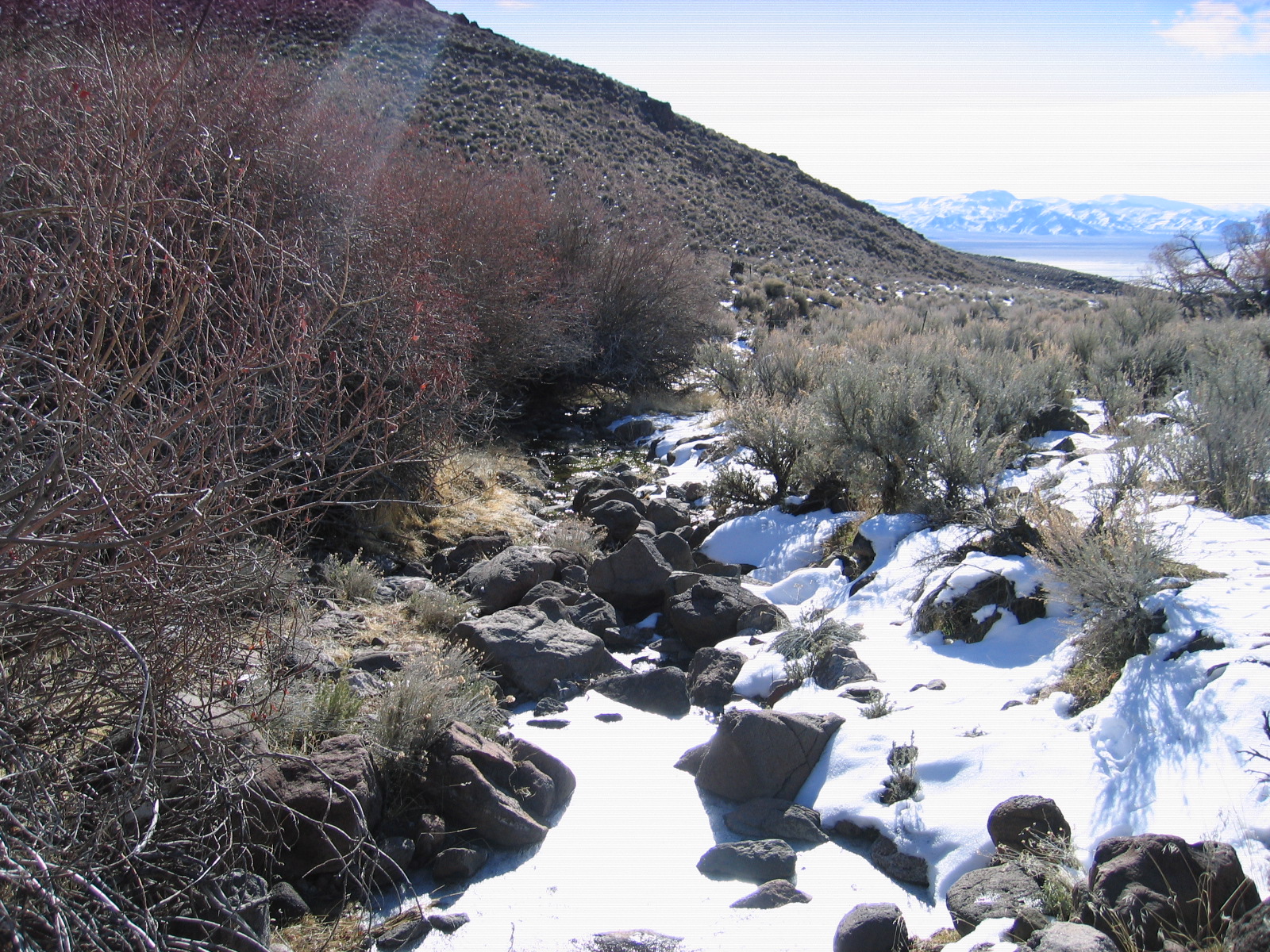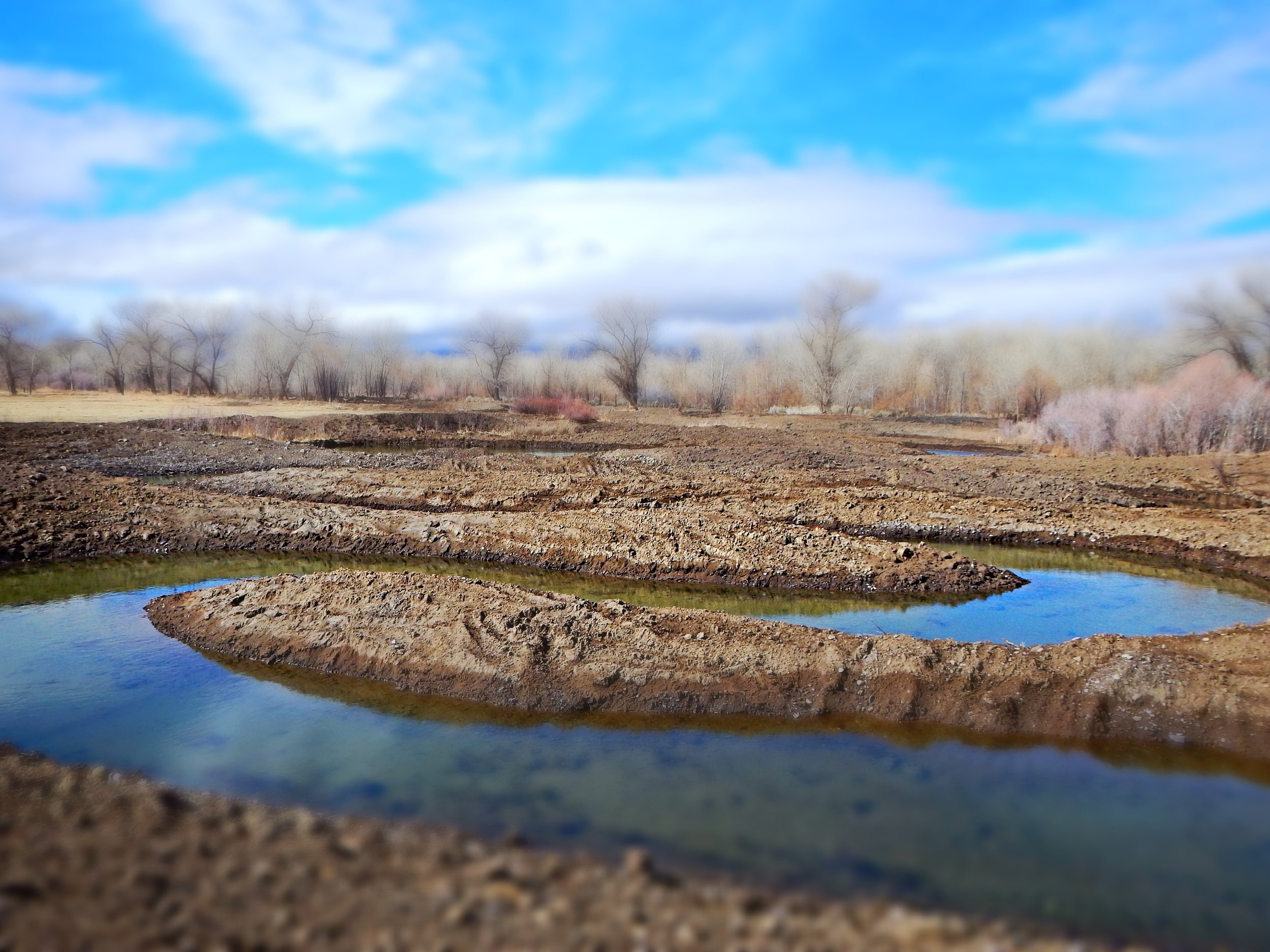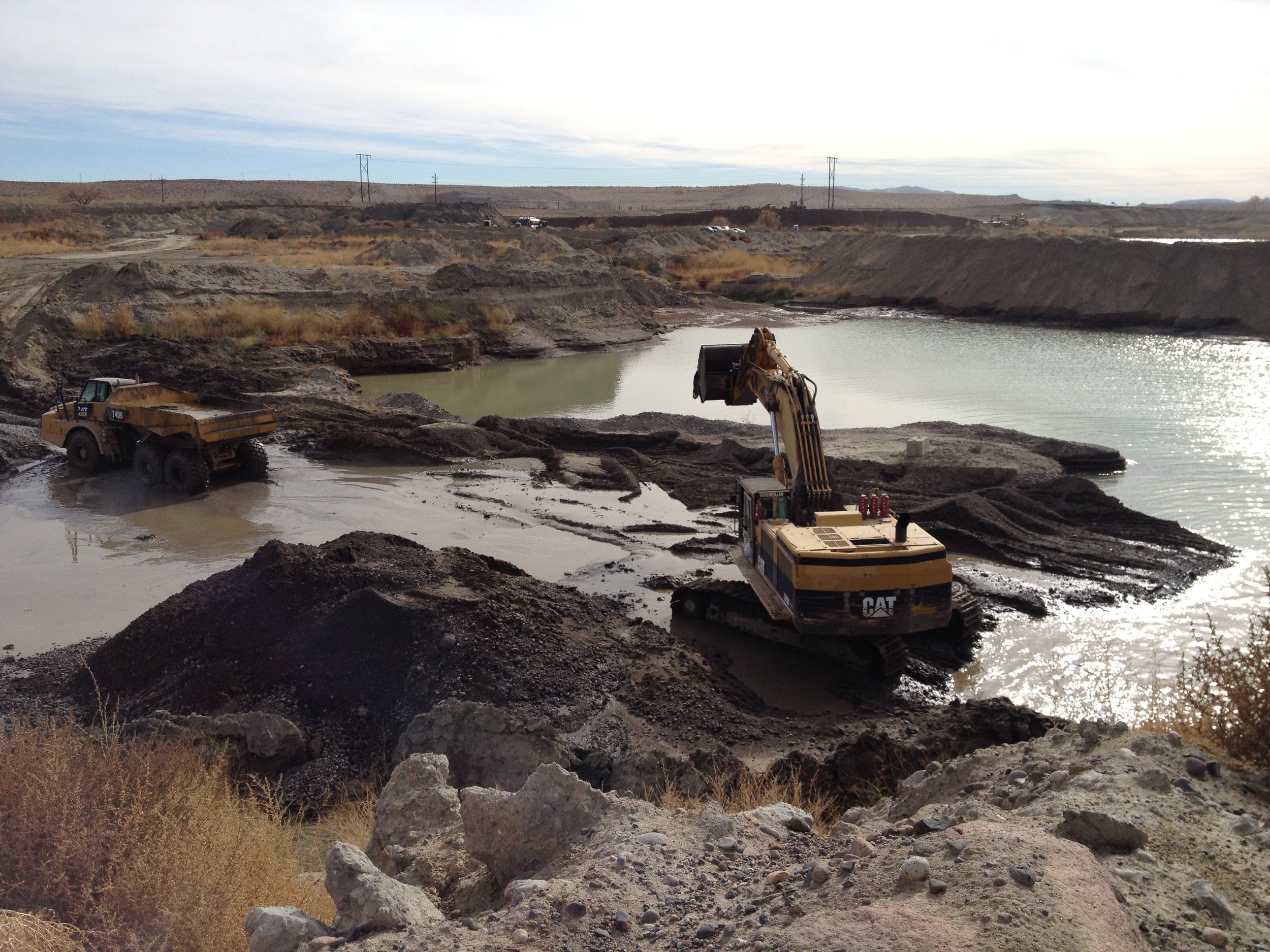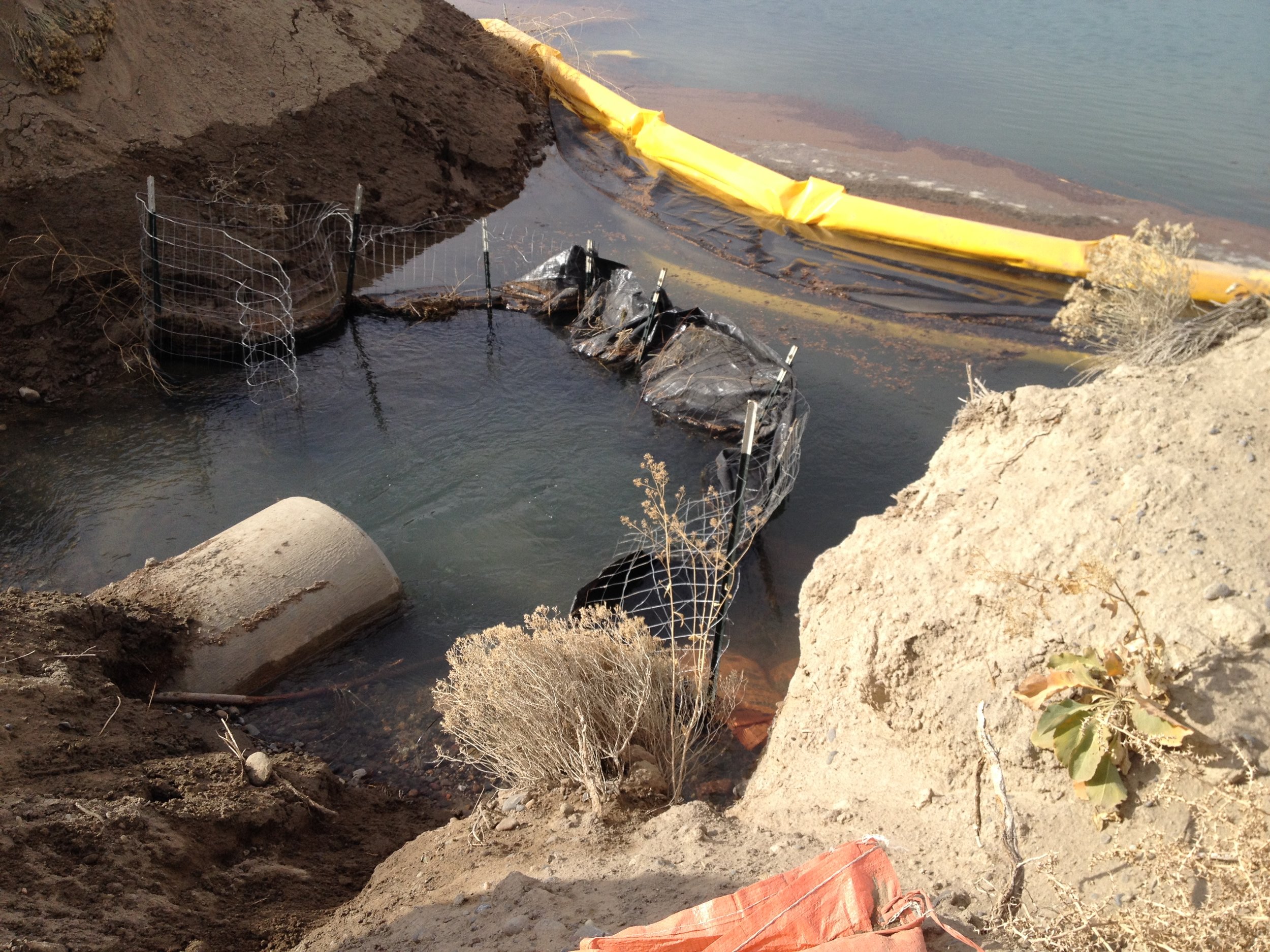Nonpoint source (NPS) pollution — polluted runoff — occurs when rainfall, snowmelt, or irrigation water runs over land or through the ground, picks up pollutants and transports them into surface waters or ground water.
NPS pollution reduces the water quality of the Truckee River and Pyramid Lake. It comes from all sorts of activities that happen on the Reservation as well as upstream sources of the Reservation.
Major NPS of pollution often include agricultural practices, unrestricted livestock grazing, poor siting and design of roads, foresting activities, urban runoff, abandoned mines, construction sites, channelization of streams and hydromodification, such as building and maintaining dams and levees. Other sources include lawn and garden maintenance, malfunctioning septic systems, constructing marinas, boating, and storm drain dumping.
NPS pollution is the leading source of water quality problems in the United States. Though the relative impact from a few NPS pollution sources might be small, the cumulative effect from many NPS degrades water quality.
A total of four NPS sampling sites on the Reservation have been identified for on-going monitoring activities including Paiute Pit Gravel Extraction Facility, Tile Drain Treatment Wetland and Numana Treatment Wetland. Monthly NPS sampling occurs concurrently with lower Truckee River sampling.



